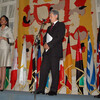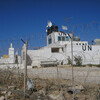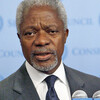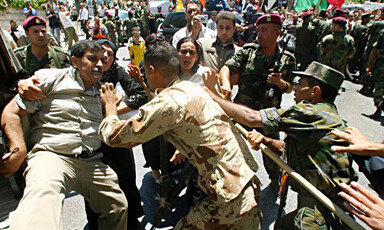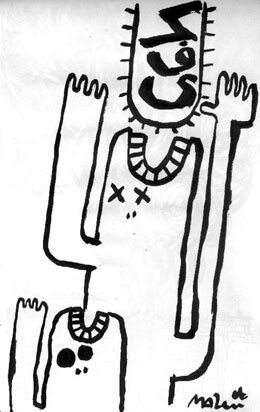
The nightmare returns
26 July 2006
It cannot be happening again. But of course, it is happening again — the recurring nightmare from which I cannot awaken. The Lebanon I last visited in 2003 has suddenly been transformed into the Lebanon of 1983. Israel made good on its promise to “bomb Lebanon back 20 or 30 years into the past.” In just two weeks, the death toll is four times higher than the number of those killed in Israel’s 16-day “Operation: Grapes of Wrath” of 1996. It has taken two full weeks for the sorrow, horror, rage and exhaustion of the war in Lebanon to knock me off the rails; two weeks for me to really grasp that this is happening again. The nightmare has returned. Read more about The nightmare returns





